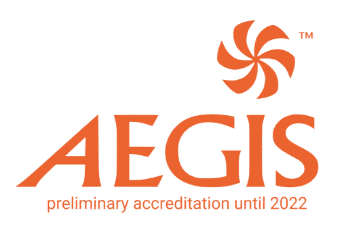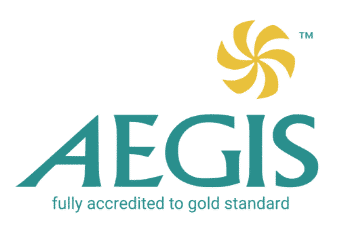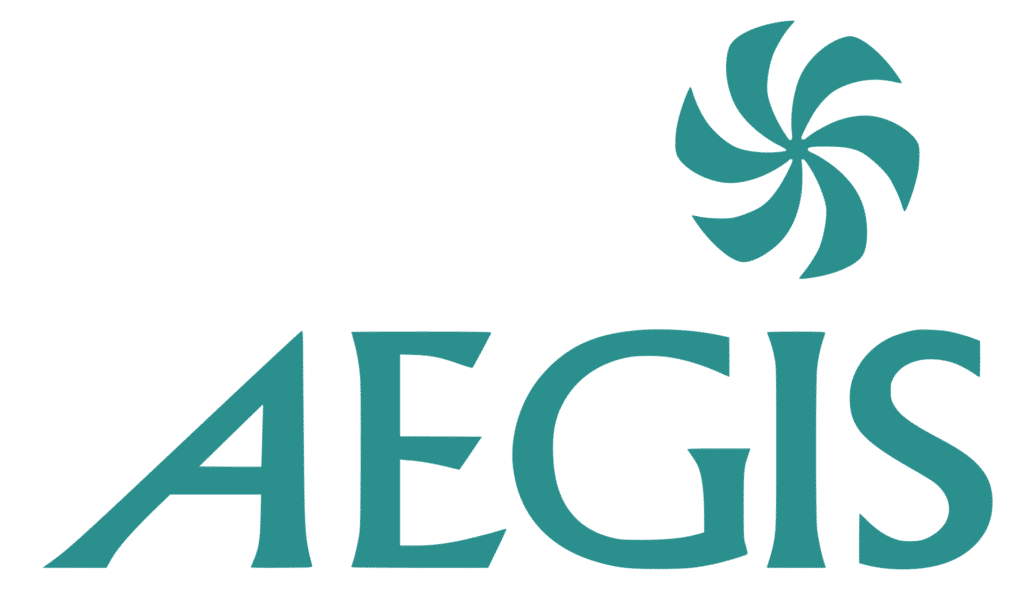 Go back
Go backFAQs about Educational Guardianship
Here are some Frequently Asked Questions about AEGIS and Educational Guardianship.
How many accredited guardianship organisations does AEGIS now have?
AEGIS currently has 80 accredited guardianship organisations, 25 Preliminary level accredited members and 55 Gold Standard accredited members, with many more inspections underway.
Can you explain the different levels of accreditation?
AEGIS offers two levels of accreditation for those providing guardianship services, both levels ensure the highest level of vetting for guardianship organisations in the UK.

Preliminary Accreditation is open to all guardianship organisations or sole guardians of any size. Guardians can even apply before they recruit students. This level ensures that the essential standards are in place in order to provide safe guardianship. Checks include: ensuring that company documents such as handbooks, contracts and policies are in place and adequate, as well as proof of insurance and evidence of safer recruitment checks for all staff, homestays and volunteers. A full list of requirements is set out in the AEGIS Inspection Handbook and Guardianship Organisation Quality Standards.

Gold Standard Accreditation is the most prestigious accolade that a guardianship organisation can hold and signifies the highest standards of safeguarding and care in the guardianship of international students. The inspection process is based on the AEGIS Quality Standards and a guardianship organisation has to meet all of the applicable standards in order to gain Gold Standard Accreditation.
How does AEGIS ensure the quality of members?
Accreditation will only be granted once AEGIS inspectors and the trustee inspection group are satisfied that the guardianship organisation meets all of the AEGIS inspection criteria and standards. Our inspections are carried out by independent, trained inspectors. Re-inspections are carried out every 4 years for Gold Standard level and every 2 years for Preliminary level. Spot checks are carried out in between and companies must complete an annual declaration form. Should complaints or issues be raised regarding a guardianship organisation, these are followed up with the guardianship organisation and any outside agencies, e.g. local authority.
Since AEGIS was established in 1994, how has the guardianship sector changed?
Educational guardianship has certainly changed since 1994. More schools are now insisting on guardians for their international students, either AEGIS accredited or close family members. We have also seen an increase in universities insisting on AEGIS guardians for internationals students under the age of 18, who do not have a family member residing in the UK. There is now greater competition as more guardianship organisations have evolved, coupled with an increasing focus on quality and customer service.

What about regulations?
Currently there is no statutory licence, compulsory registration or training required for people or companies wishing to provide educational guardian services. AEGIS has designed its own quality standards in order to ensure greater protection for students in the care of educational guardians and has worked tirelessly in the sector since 1994. AEGIS sets requirements in relation to recruitment checks for staff, volunteers and homestays which comply with the guidance in Keeping Children Safe in Education.
There are also no statutory regulations or requirements in place for people or organisations wishing to host international students in a home setting, and this includes the people hosting and the accommodation provided, for stays less than 28 consecutive days. AEGIS, however, fills the statutory gap with its accreditation requirements.
Some guardianship organisations care for day pupils for 28 days or more, therefore the homestay arrangements for students under the age of 16 (or 18 if the student is disabled) will fall under a private fostering arrangement. The law in relation to private fostering is much more rigorous and AEGIS ensures that its guardianship organisation members are aware of the requirement to notify the local authority and submit to regular visits and meetings with the local authority.
AEGIS has been raising concerns about the lack of regulations with the DfE for many years and was pleased to see the introduction of a new standard on guardianship to the Draft Standards for Boarding Schools.
Although regulations have not changed, schools/colleges have become more aware of the requirement of suitable care in accordance with Student sponsor guidance,
3.26 of Visa Sponsor Duties
“Sponsors who recruit a child under the age of 18 must ensure suitable arrangements are in place for them in the UK. This must include arrangements for their: a) travel; b) reception when they arrive in the UK; and c) care while in the UK.”
What about the future?
The pandemic has certainly has certainly highlighted the need for professional, AEGIS accredited guardians. Since January 2021, AEGIS has granted 12 Preliminary accreditations, 1 new Gold Standard accreditation and 14 re-accreditations of current Gold Standard accredited guardians. We have seen a sharp increase in interest in our inspection and accreditation processes.
We will continue to ensure the safety and wellbeing of international students remain at the core of all our work and charitable aims.
